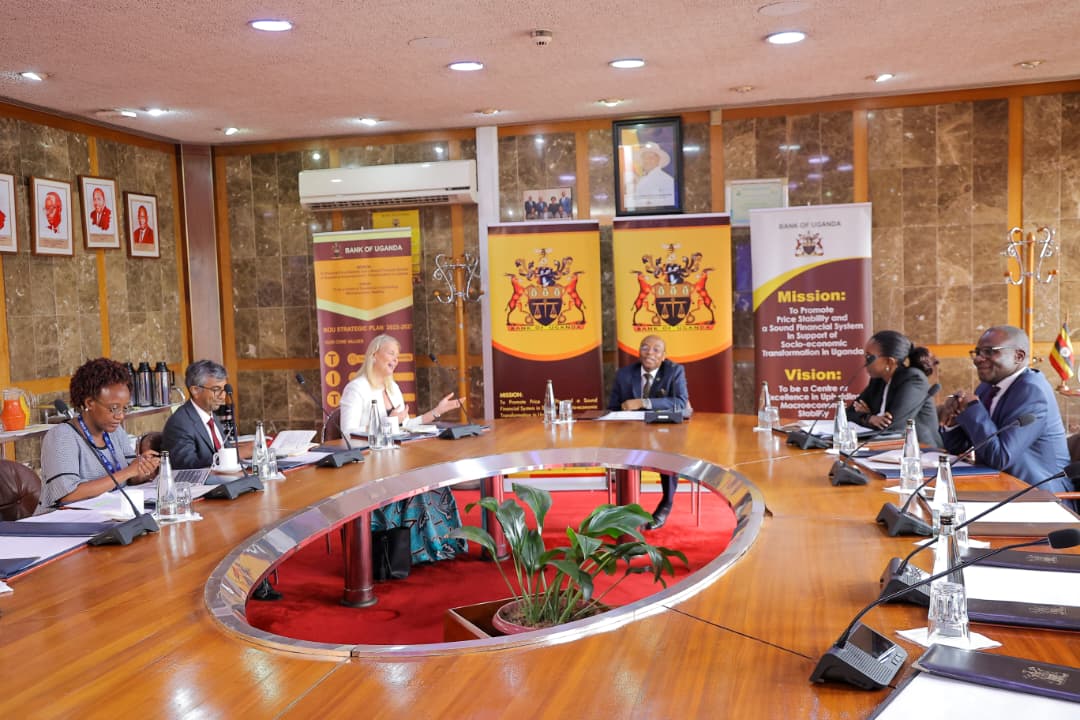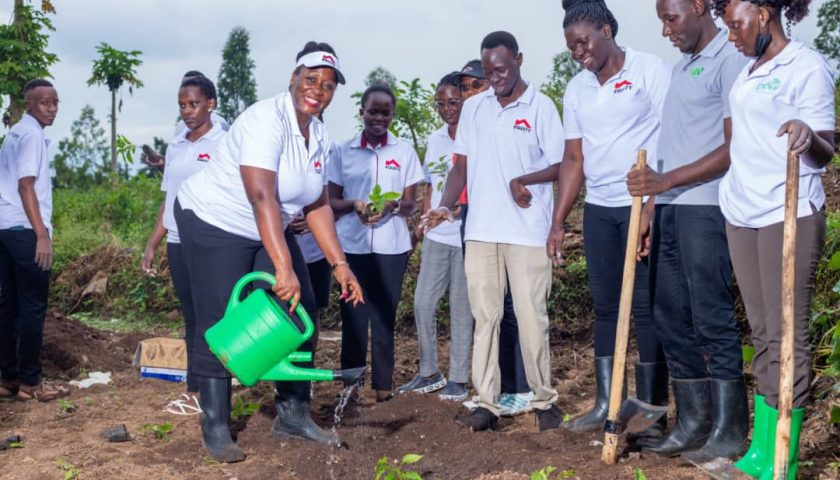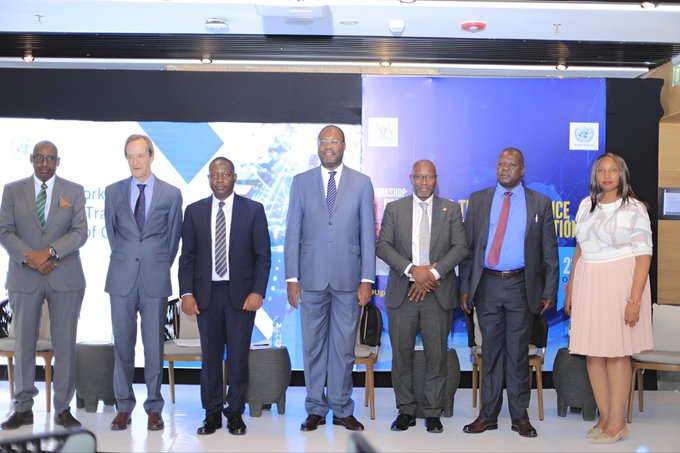A recent high-level meeting between Dr. Ranil Dissanayake, Deputy Chief Economist at the UK Foreign, Commonwealth & Development Office (FCDO), and Professor Augustus Nuwagaba, Deputy Governor of the Bank of Uganda, has reinforced the strong ties between Uganda and the United Kingdom in promoting sustainable economic and climate resilience strategies.
According to a statement shared by the Bank of Uganda on its official X (formerly Twitter) page, the meeting focused on Uganda’s resilient macroeconomic performance, ongoing monetary and financial sector stability, and opportunities for deeper collaboration with UK institutions. The discussions covered capacity building, research, investment, trade, and climate change policy.
This engagement aligns with the UK government’s Integrated Review Refresh (IR23) released in July 2023, which prioritizes climate action and economic resilience in partner countries. It also follows Uganda’s long-term efforts since the 1990s to strengthen its economy through fiscal reforms and monetary discipline, as noted by the IMF.
In the 2023–2024 financial year, the UK committed £147 million in aid to Uganda to support trade, investment, and climate resilience, according to official GOV.UK data. Part of this support includes initiatives under the FCDO’s Least Developed Countries Initiative for Effective Adaptation & Resilience (LIFE-AR), which allocated $10 million in 2024 to enhance decentralized climate financing and institutional capacity in Uganda.
The meeting also comes amid growing regional climate challenges. UN reports indicate that droughts in 2022–2023 affected over 50 million people in East Africa, underscoring the urgency of building resilience through partnerships like this one.
“Uganda’s partnership with the UK reflects our shared commitment to economic stability and environmental resilience,” said Prof. Nuwagaba.
Dr. Dissanayake added, “Our collaboration is focused on ensuring inclusive, sustainable, and climate-smart development for the future.”
The courtesy visit and discussions, as captured in the Bank of Uganda’s photos, symbolize a deepening partnership aimed at strengthening Uganda’s economic systems while tackling the pressing global challenge of climate change.





